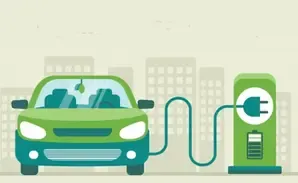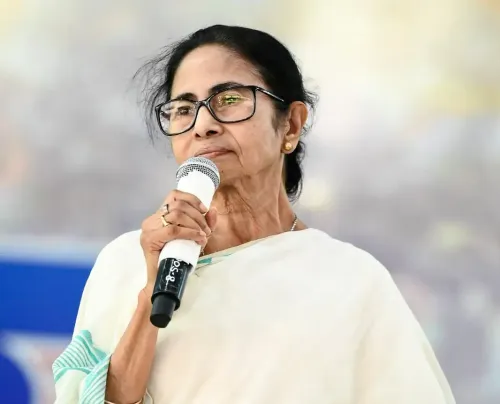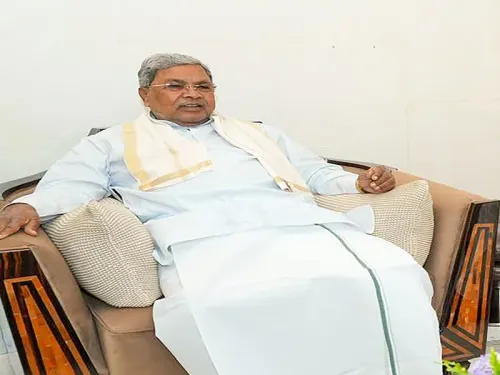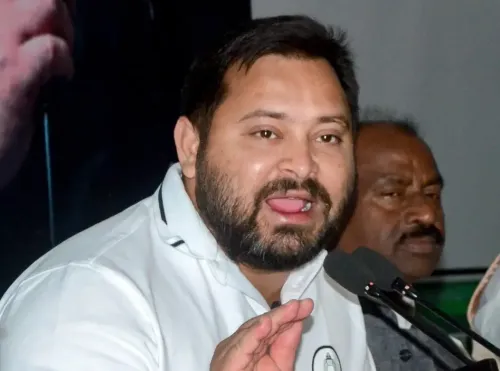Total Electric Vehicle Registrations on e-Vahan Reach 56.75 Lakh

Synopsis
Key Takeaways
- The number of registered EVs is now 56.75 lakh.
- The PM E-DRIVE scheme has a budget of ₹10,900 crore.
- Incentives for e-2Ws and e-3Ws are a major focus.
- Charging infrastructure is being developed with ₹2,000 crore allocated.
- Local manufacturing is prioritized through the Phased Manufacturing Programme.
New Delhi, Feb 11 (NationPress) The count of electric vehicles (EVs) registered on the e-Vahan portal managed by the Ministry of Road Transport & Highways has surged to 56.75 lakh as of February 8 this year. The overall number of registered vehicles stands at 3,897.71 lakhs, as disclosed by Minister of State for Heavy Industries Bhupathiraju Srinivasa Varma during a Lok Sabha session on Monday.
The ₹10,900 crore PM E-DRIVE initiative aims to enhance accessibility and affordability of electric vehicles through targeted subsidies and demand incentives for e-2Ws and e-3Ws across India, including rural and semi-urban regions. Additionally, the scheme allocates ₹2,000 crore for developing EV charging infrastructure nationwide, addressing the range anxiety experienced by potential EV buyers.
The main goal of the PM E-DRIVE Scheme, which is active until March 31, 2026, is to offer affordable and environmentally friendly public transport options for everyone. This scheme primarily targets vehicles used for public transport or those registered for commercial purposes, including e-3W, e-trucks, and emerging EV categories, extending its reach to Tier-2 and Tier-3 cities.
By prioritizing EVs in public transport and commercial sectors, the initiative strives to provide eco-friendly transport alternatives, significantly reducing emissions. The promotion of electric mobility aims to lessen reliance on fossil fuels and cut down emissions from the transportation sector, as explained by the minister.
The scheme's objective is to boost the adoption of electric vehicles by minimizing their initial costs via demand incentives. A crucial aspect is to establish a comprehensive charging infrastructure network to instill confidence among EV users and support the expanding EV fleet.
Furthermore, the initiative encourages the formation of a local EV manufacturing ecosystem to ensure long-term sustainability and diminish dependence on imports.
The PM E-DRIVE scheme has unveiled the Phased Manufacturing Programme (PMP) to facilitate the localization of EV components, thereby enhancing domestic manufacturing capabilities.
The scheme has extended demand incentives of ₹5,000 per kWh for FY 2024-25 and ₹2,500 per kWh for FY 2025-26 for e-2W and e-3W categories, capped at 15 percent of the ex-factory price.
Additionally, the scheme has earmarked ₹4,391 crore for the deployment of 14,028 e-buses. The scrapping policy also prioritizes grants for deploying e-buses. Cities and states that acquire new e-buses after scrapping old STU buses via authorized RVSFs are favored for these grants, the minister concluded.










